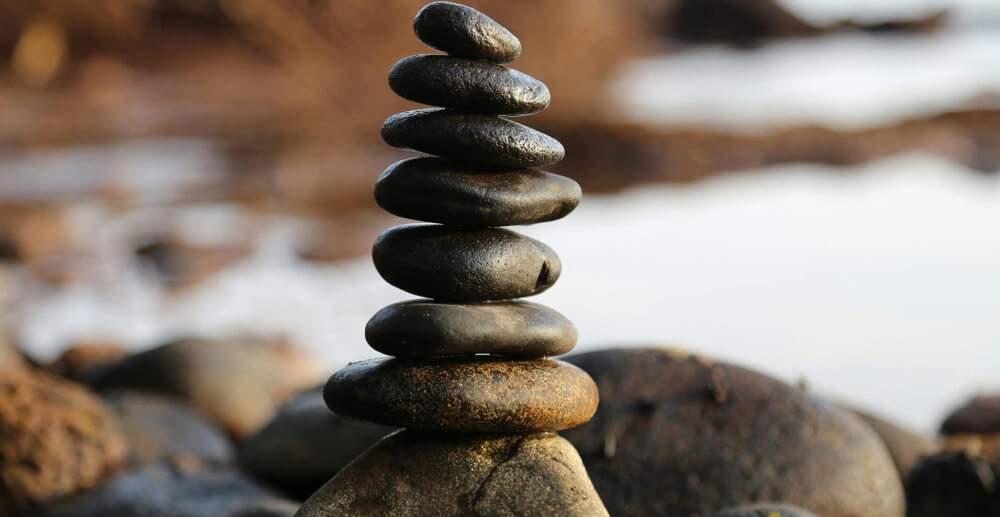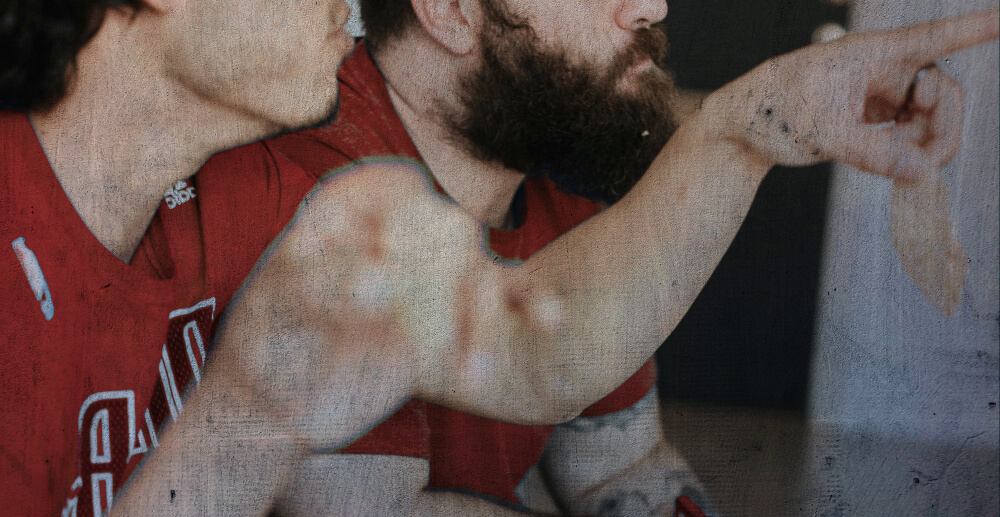When does drinking too much wine cross the line into an addiction or alcohol use disorder?
We live in a world that loves wine. From Girl Scout Cookie-and-wine pairings to novelty shirts that declare, “You had me at Merlot,” to coffee cups that proclaim, “This is actually wine” … vino is a fixture of our social landscape. It’s more socially acceptable than drinking vodka straight by yourself in the evening. For many, a glass of wine often represents a reward and a chance to unwind for the busy and sophisticated man or woman.
But when does a glass poured to decompress turn into another poured out of need? When is one not enough? Are you worried that your wine habit is becoming an addiction? It’s time to look at some warning signs.
1. You promised yourself you wouldn’t drink tonight. But you did, anyway.
It doesn’t really matter why you’ve decided to stop and told yourself you wouldn’t drink that night. Maybe you were under the weather, maybe you decided a bottle a night was getting too expensive, or perhaps you wanted to be fresh and hangover-free for a run the next morning. Whatever the reason, if you’ve attempted to control your drinking but found yourself opening a bottle despite your promises to yourself, then you might have a problem.
2. Your alcohol consumption has increased.
Increasing how much you drink can consist of upping your consumption from one glass per night to two, or from two bottles a night to three, or any other increase in quantity. Constantly raising the amount of alcohol you consume is a red flag. And so is having the growing tolerance to be able to increase how much you drink. (Increasing tolerance is one of the diagnostic criteria for alcohol use disorder.)
3. Others are noticing your drinking habits.
If your family or friends have started commenting on your rush to the kitchen for a glass of wine after work, then listen to what they have to say. The people closest to you have a unique perspective on your behavior patterns and may notice a potential issue before you do. Even if these comments start off as jokes, they’re a sign that your drinking has become a noticeable pattern to those around you.
4. You watch the way others drink.
Do you catch yourself agonizing over each slow sip your friends take at dinner, just hoping that they will polish off that glass so you can finally get a refill of your own? Do you feel baffled when your wife turns down a glass of wine when you’ve already had two? Does it irritate you when someone takes a few swallows and then leaves a half-full glass behind?
If you’re obsessing over other people’s drinks, counting glasses, and constantly wishing others would catch up, it might be time to slow down.
5. Your evening drinking ritual has crept into the daytime.
Day drinking has become something of a meme and joke lately, but it can interfere with your alertness, your thought processes, and your ability to work or drive. Do you make excuses to drink earlier in the day or joke that “it’s five o’clock somewhere”? If you’ve brought your nightcap into the daytime, your wine habit might be morphing into addiction.
6. You regret the things you say and do after a few glasses or bottles of wine.
Hey, we’ve all made that one stupid move at that one party after knocking back a few too many. But if you regularly act in ways you aren’t proud of when under the influence, yet still find yourself drinking, that’s an indication to pause and think about your goals.
7. Or maybe you don’t even remember the things you say and do after a few glasses or bottles.
Alcoholic blackouts happen when you consume too much alcohol too quickly. They don’t happen to everyone, and the relationship between blackouts and addiction isn’t clear. But if your friends have to regularly tell you what you got up to the night before, and you have no recollection of the evening—or if you look at your phone in the morning and don’t remember making those calls or sending those texts—you may be blacking out. This can be an indication of a problem.
8. Wine is causing you to miss work, school, or social events.
If you are calling in sick because of hangovers, unable to study because you are too buzzed, or missing out on time with friends because you’d rather stay home and get Rosé-faded, it’s time to look at how much your drinking is affecting your life.
9. You’re unable to enjoy life without a drink in hand.
If you can’t enjoy a party where the Merlot isn’t pouring freely and a dry dinner with friends seems agonizing, your wine habit may be an addiction. For casual, moderate drinkers, alcohol may be a nice bonus, but it usually isn’t a must-have for all activities. They can skip it and not really miss it. Life should be first on your list to enjoy and experience, not the newest bottle you’ve brought home.
The easiest way to see if your wine habit has turned into a problem? Take a few weeks off. If drinking isn’t an issue for you, you shouldn’t have an issue forgoing the booze. But if you find yourself dwelling on all the wine you’re not drinking, or if you so back to the bottle after just a few days … you’ve learned that you can’t control your drinking. It’s a scary thing to find out. But many of us have been there before, and we’re here for you now.




